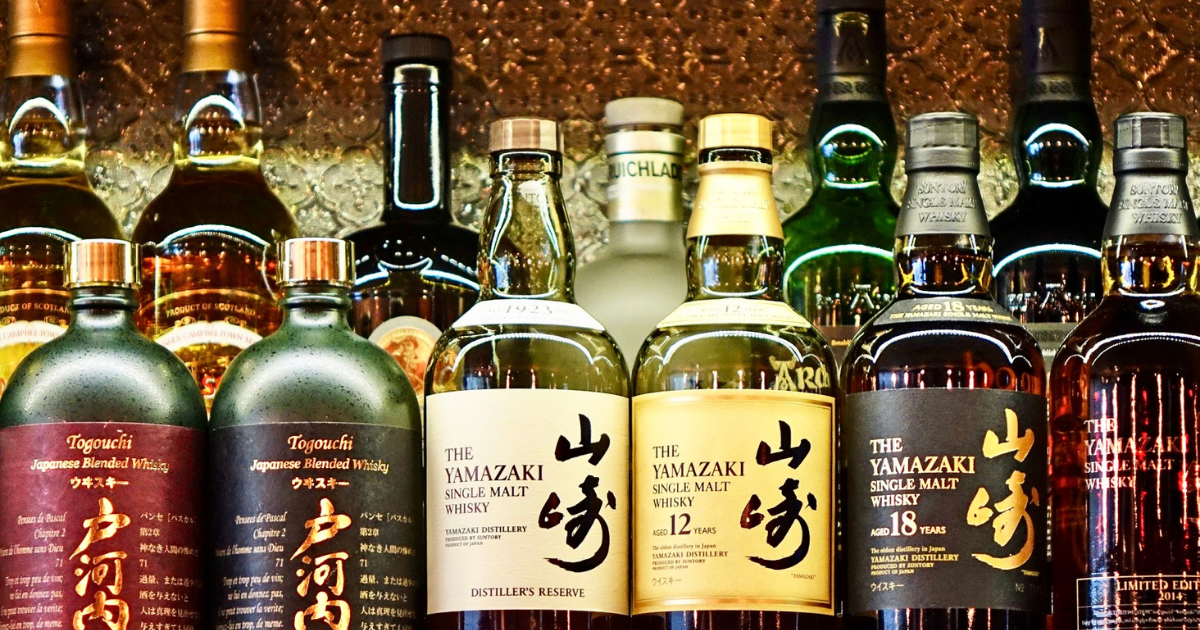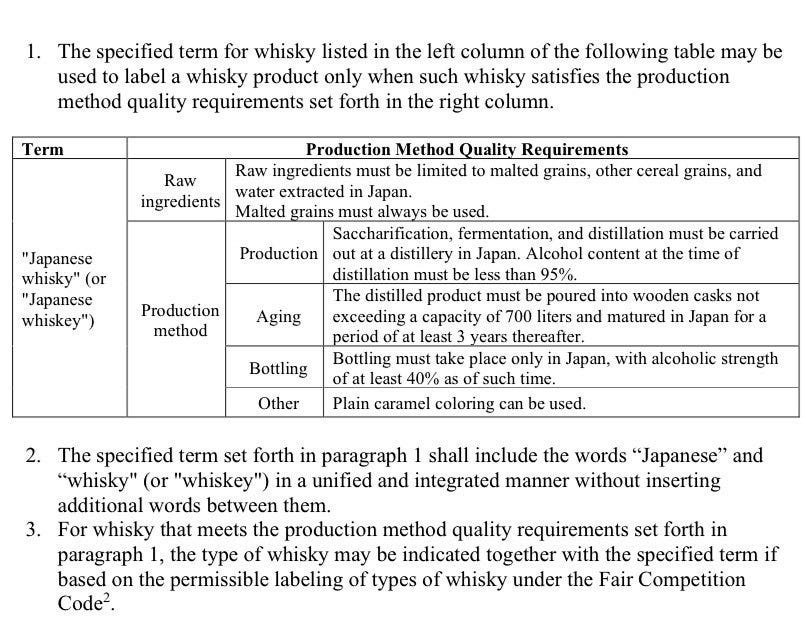

Finally: No more Fake Japanese Whisky Following Brand New Labelling Regulations
Big news in the whisky world: The Japan Spirits & Liqueurs Makers Association has announced a new set of industry-wide regulations to limit the release of products falsely labelled as ‘Japanese whisky.’
The Whisky Club welcomes these new regulations that’ll align Japanese whisky standards with other parts of the world.
We haven’t had a Japanese Whisky of the Month since the legendary Miyagikyo from Nikka Whisky. Discontinued within weeks after we got our hands on it, prices for this massively popular malt tripled overnight.
Since then, we’ve tasted many samples that sadly just didn’t cut it in terms of our strict whisky-ranging policies in terms of quality and confidence of provenance. These policies ensure we’re always 100% certain that what we’re sending our Members doesn’t just taste great, but is of utmost quality and authenticity. The new guidelines will solve a lot of those issues and we’re looking forward to working on some awesome Japanese whisky in the future.
The Japanese whisky industry is known for its lax laws and regulations — a stark contrast to the Scottish whisky industry which has some of the strictest laws in the world about what’s allowed to be called ‘Scotch whisky.’
Japan’s first whisky distillery was established in 1923. And since then, there’s been no definitive rules about classifying Japanese whisky. But this is all set to change under the new regulations that’ll kick in this April and clear up the ambiguity about what makes a Japanese whisky.
Under the new guidelines, the following criteria need to be met to wear the badge of Japanese whisky:
The only ingredients allowed to be used in whisky production are malted grains, other cereal grains, and water extracted in Japan. And malted grains must always be used
- Fermentation, distillation, and saccharification must take place in a distillery in Japan, and the alcohol volume of the distillate is not to exceed 95% in strength
- Wood casks with a maximum capacity of 700 litres must be used for the maturation of the distilled product
- Maturation must take place only in Japan and for a minimum of three years
- Bottling must take place in Japan. The minimum ABV of the whisky must be 40%.
- Plain caramel colouring is allowed to be added
Once the new regulations are introduced, any product not meeting these standards will not be able to use the name ‘Japanese whisky,’ ‘Nihon whisky’ or ‘Japan whisky.’ They’ll also be prohibited to use:
- Names of people that evoke Japan
- Names of Japanese cities, regions, and famous places as well as mountains and rivers
- The Japanese flag or a Japanese era name
- Any labelling that makes it seem like the whisky satisfies the Japanese whisky production requirements
As well, Japanese whisky brands that do not meet these standards cannot use labelling that evokes Japanese cities, people, events or other places or ideas associated with the country.



